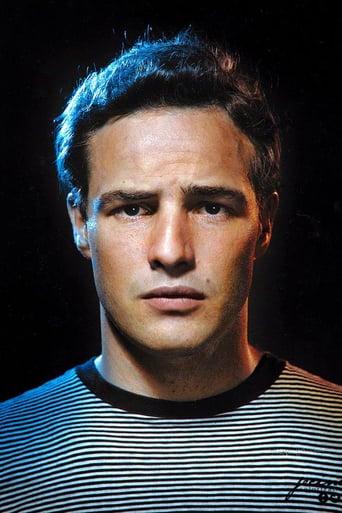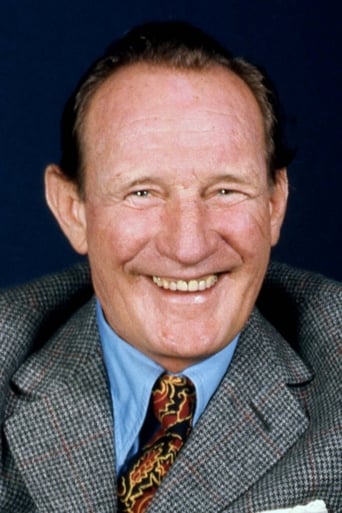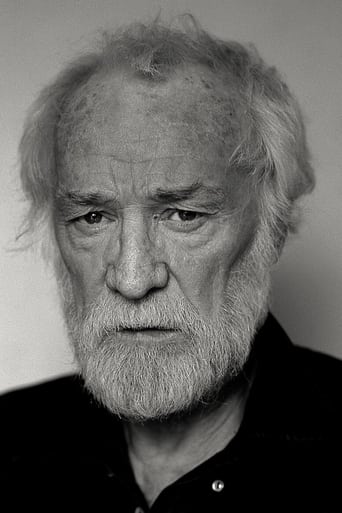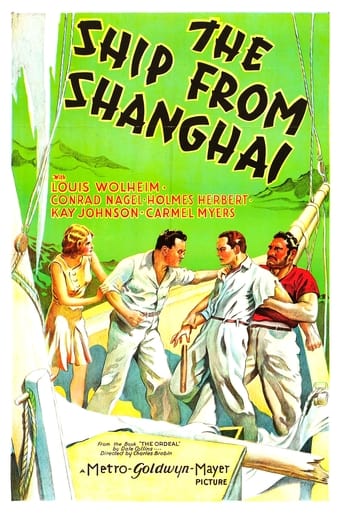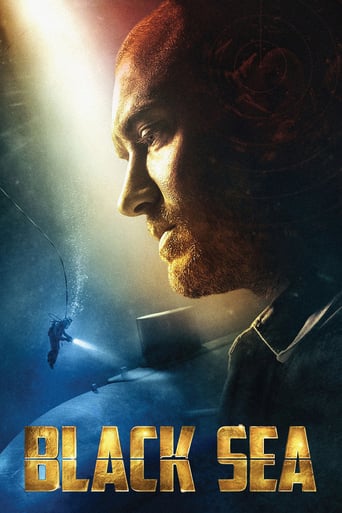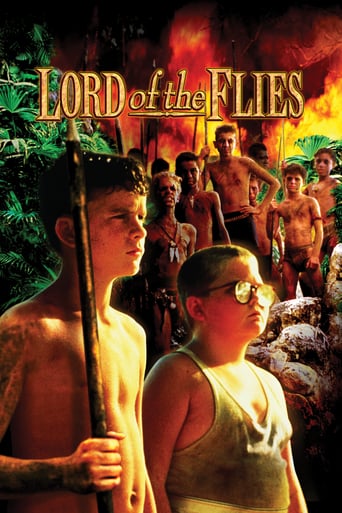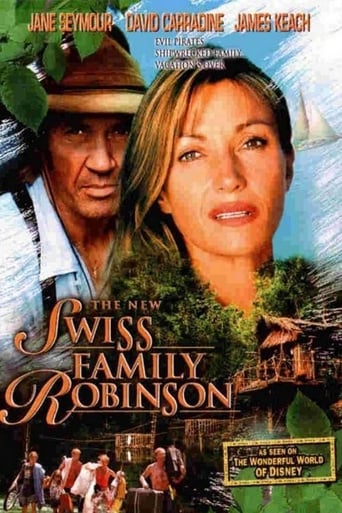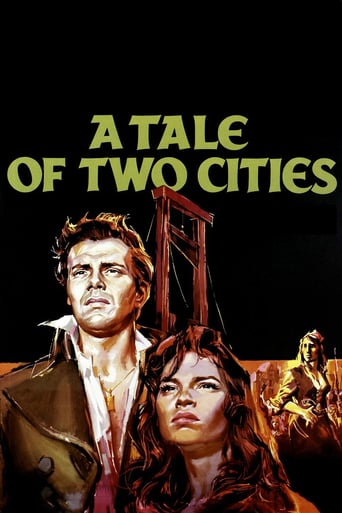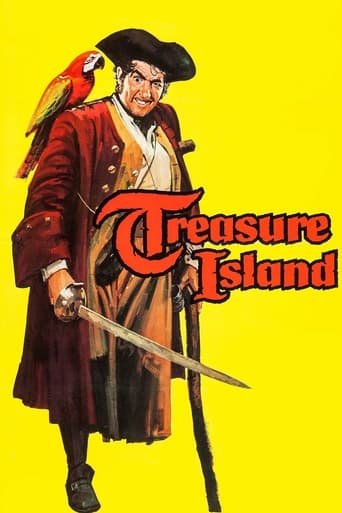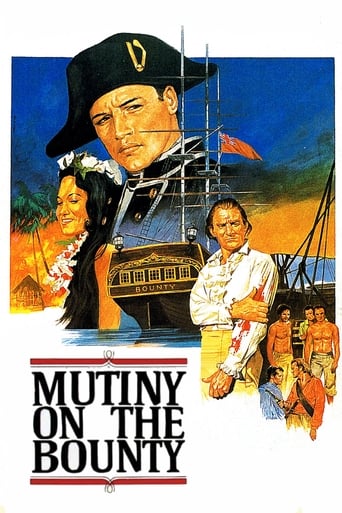
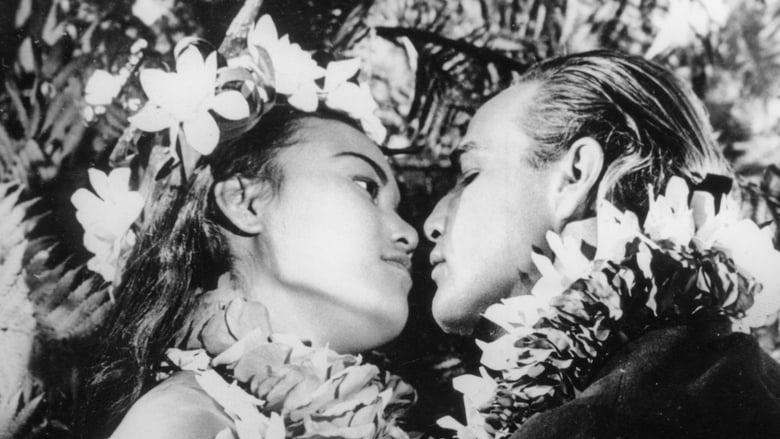
Mutiny on the Bounty (1962)
The Bounty leaves Portsmouth in 1787. Its destination: to sail to Tahiti and load bread-fruit. Captain Bligh will do anything to get there as fast as possible, using any means to keep up a strict discipline. When they arrive at Tahiti, it is like a paradise for the crew, something completely different than the living hell aboard the ship. On the way back to England, officer Fletcher Christian becomes the leader of a mutiny.
Watch Trailer
Cast
Similar titles
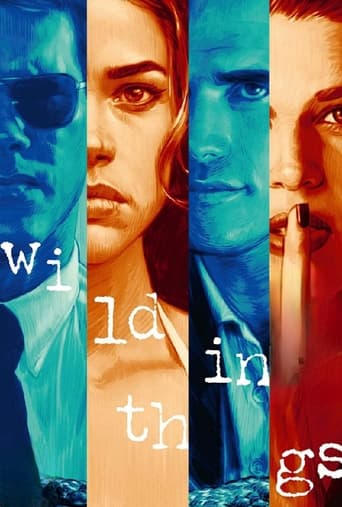
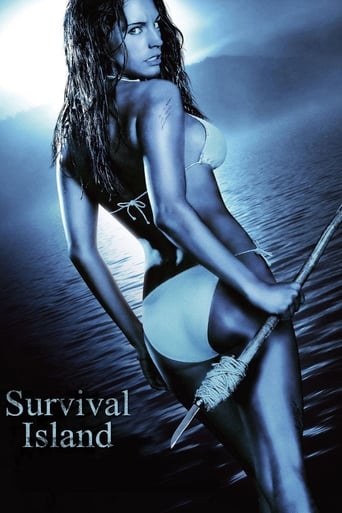
Reviews
Sorry, this movie sucks
Sick Product of a Sick System
Just perfect...
The movie's neither hopeful in contrived ways, nor hopeless in different contrived ways. Somehow it manages to be wonderful
A strong film, and it's surprising that it was panned when it came out in 1962. One of the issues is that it was being compared to the 1935 version with Charles Laughton and Clark Gable; another was that stories of Brando's difficult behavior while filming were followed by filmgoers seeing his unconventional portrayal of Fletcher Christian. Personally, I highly enjoyed it. The film has an epic feel, but even at three hours long, didn't feel padded at all. The cinematography is beautiful, showing a replica Bounty on the ocean, sailing into sunsets or brutally rough seas, as well as the natural beauty of the islands in the south Pacific. The film is loose with the facts, most notably in the treatment of natives and the final outcome on Pitcairn Island, which may put off viewers. It's also a little unbelievable in its depiction of the love Christian had for Princess Maimiti (played by Tarita Teriipaia), but the gist is accurate, and it's a fascinating story.Trevor Howard turns in a fantastic performance as Bligh, and while Brando's foppish and almost effeminate Fletcher Christian had me scratching my head in the beginning, it really grew on me, and he's strong as well. The difference between the two men is clear from the beginning, and I appreciated the film's balanced presentation of them over the first hour or so. Bligh gets the chance to explain that he's driven by duty above all else, and that the crew need to fear the captain and his officers. Christian understands duty, and while he has his personal opinions, is a model of behavior until the actual mutiny. The two of them express their opinions and disdain for one another in deliciously restrained British dialogue.The scenes in Tahiti are gorgeous, and Tarita is stunning. Her hip shaking is mesmerizing, and her smile enchanting. The world these men landed in may seem idealized, but if you read other informed or first-hand accounts (such as Herman Melville's 'Omoo'), it's accurate. Aside from the beauty, the Tahitians were for the most part extremely friendly. The scenes of sailors pursuing women get a little silly, such as when Fletcher Christian is in the bushes with Maimiti when Bligh wanders by, and the rapidity with which Maimiti later picks up English is surprising. Most of all, though, it's unfortunate that the film is stilted towards a white male fantasy, showing delight and frolicking, without showing rape, sexually transmitted diseases, or the devastation to the native culture. The reality was that Tahitians were forced as slaves to go along with Christian and his mutineers when they tried to find a new place to live, not willing adventurers. That's a pretty damning omission.Brando gives us a Fletcher Christian who believes he was morally right to overthrow Bligh, but also knew he no longer had a country as a result. He's a tortured soul from then on, to the point of thinking about returning to England to state his case. That will probably seem odd to the filmgoer, and should - the real Fletcher Christian wanted to do no such thing. It's a shame they took this liberty to set up further dramatic scenes, when the real story itself is so captivating.The film was also of interest to me because as the excellent documentary "Listen To Me Marlon" explains, it marked the point at which Brando started to prioritize enjoying life - realizing that acting, even great acting - was a means, not an end for him. Surrounded by beauty, and in love with his co-star Tarita (who he would marry before the film was released), he felt the same thing that some of the sailors from the Bounty felt - and other such as Gauguin felt - that one could just retire from the world, and live happily in paradise. For film lovers, his approach to his career after "Mutiny on the Bounty" was a real shame, with the exception of a few high points, since he was such an outstanding actor. It wasn't his last great performance, but clearly marked a turning point for him.
How this pathetic debacle has managed to scrape such a high score Is beyond all comprehension. Was Marlon Brando REALLY an Oscar winner? The pathetic, fat half-wit can't even manage a half-decent English accent! His must rank as the all-time useless attempt at pretending to be English.It's not just Inaccurate - It's weird,totally strange. If you want to enjoy an historically accurate version of these events then watch the 1935 'Mutiny on the Bounty' - with the masterful Charles Laughton; and at least Clarke Gable can manage a convincing English accent. This movie Is a pointless and pathetic disgrace. Americans are absolutely useless at historical reproduction - apart from 'Cowboys and Indians' -perhaps because they've got no history!
MGM's "Mutiny on the Bounty" from 1935 was a nearly perfect film (even with Clark Gable's very American accent). Despite being a black & white movie, it was vastly superior to any of the remakes--which makes you wonder why they would think of remaking the film in the first place. Because of this, the 1962 "Mutiny on the Bounty" was destined to be a failure regardless of the quality of the film. Now, had there been no 1935 version, I am pretty sure the '62 film would have been much more successful. That's because this later version is STILL darn good entertainment--despite one serious problem. I'll talk about that problem a bit later in the review.The story of the Bounty is based on a true incident--and actual mutiny on a ship by the same name and with people of the same name as in the film. There really was a Captain Bligh and the First Officer, Fletcher Christian. However, despite many of the facts influencing the plot, one thing that's been left up to filmmakers to interpret is Bligh himself. In the 1935 version, Bligh is an evil and contemptible man and Christian a good man who has no choice but to rebel. In the 1962 version, it's more neutral--with Christian being much of the problem with his insubordination and Bligh being tough but understandable for his toughness. In the Mel Gibson version "The Bounty", Bligh is pretty reasonable and Christian is a complete nut-case! There is a lot to like about the 1962 version. The color is vivid and gorgeous. The acting is, for the most part, very good. The music and locale are terrific. The only thing I didn't like was the bizarre interpretation of Fletcher Christian by Marlon Brando. His accent was strange and his performance amazingly disconnected from what is happening around him--and a bit foppish at times. It's inexplicable to say the least and I can understand why audiences of the day disliked this performance and Brando's reputation began to sag. But, with so much in the film to like, you can easily look past this and enjoy the film. It is gorgeous and enjoyable.This movie apparently broke even at the box office--making it a failure but not a serious one. Much talk at the time was how Brando contributed to the costs of the film, but I wonder if the film ended up costing so much because the director had to shoot and re-shoot scenes again and again so as to avoid showing breasts! Almost all the ladies in the film were topless but hair and flowers were used to strategically hide the boobage. "The Bounty", because of changing mores and standards, didn't have to worry about this and just showed the women topless. Oddly, this version is by far the least famous and least financially successful--boobs and all! One thing that is neglected in these films is what actually happened with the mutineers in the long run. In recent years, the story has been pieced together after investigating Pitcairn Island where many of them eventually settled. Apparently, some of the men appeared to have killed each other and chaos ruled the early years on the island. This would lend credence to the notion that Christian was THE problem and Bligh a competent captain who was unjustly deposed by his crew. Unlike the 1935 version, this 1962 version at least addressed SOME of the problems on the island shortly after their arrival and gives a very different view of why the Bounty was eventually burned.
Which meant everything about it had to be epic.Captain Bligh had to be painted a villain of the darkest hue (he wasn't) while Fletcher Christian was a tormented hero because Marlon Brando was playing him.The scenes on the ship are indeed epic (the Bounty in this film is probably larger than the real ship was.) Again, this was the period when the movies saw Television as the competitor instead of the after-market, and therefore big movies had to be "epic". You can't see this on your little tube! You know the story. Captain Bligh is sent on an impossible mission to bring breadfruit from Tahiti to Jamaica, but his cruel leadership of the bounty causes his crew to revolt against him. Brandon plays Fletcher Christian as a leading man type better than Clark Gable or Mel Gibson did, but his performance is the least believable. (Oddly, Gibson's interpretation seems most like a real person.) The action scenes are epic compared to other versions, and that makes it worth watching.I would be remiss if I didn't point out the replica Bounty built for this film wasn't lost this year in Hurricane Sandy. Just thought I'd mention that.
